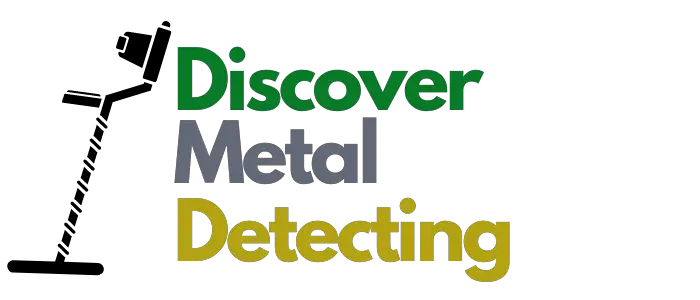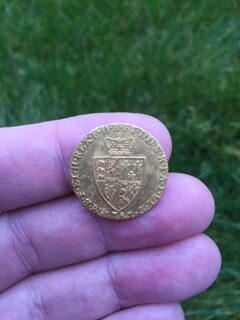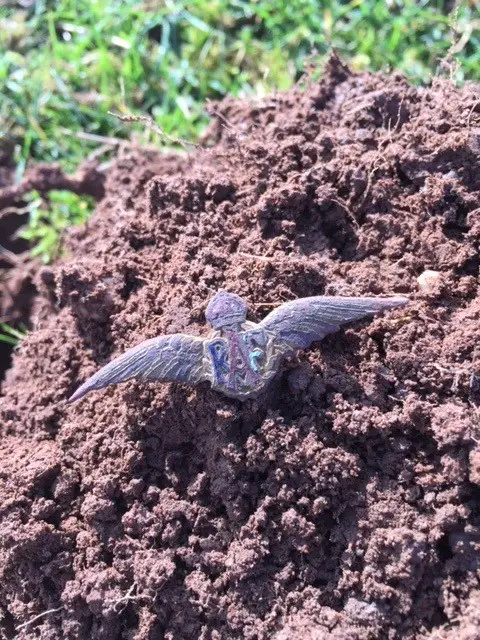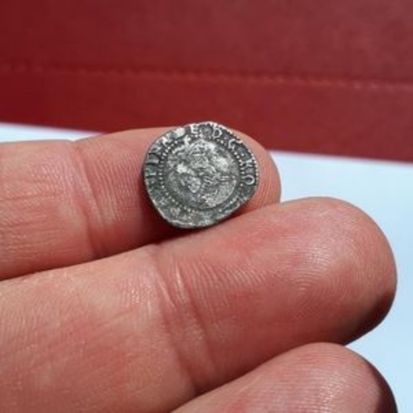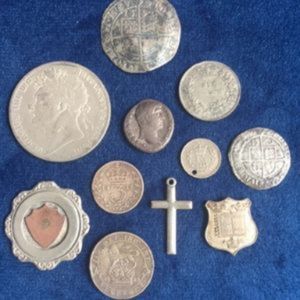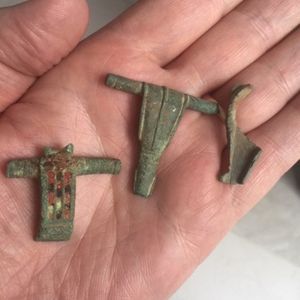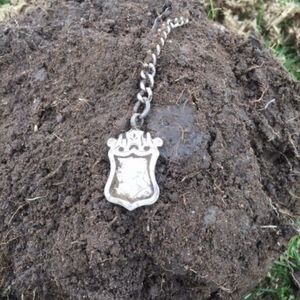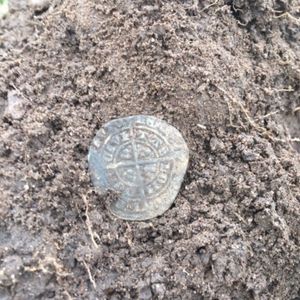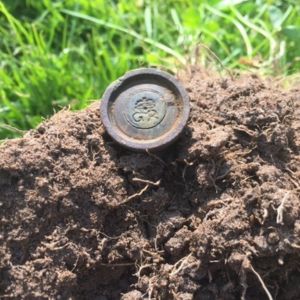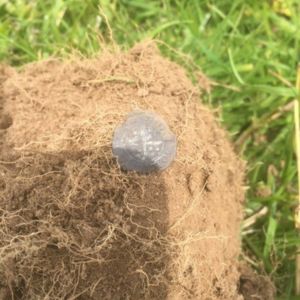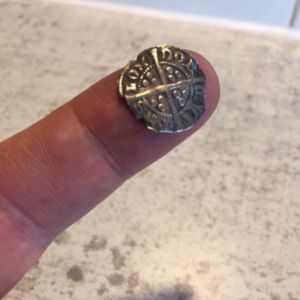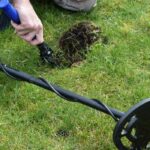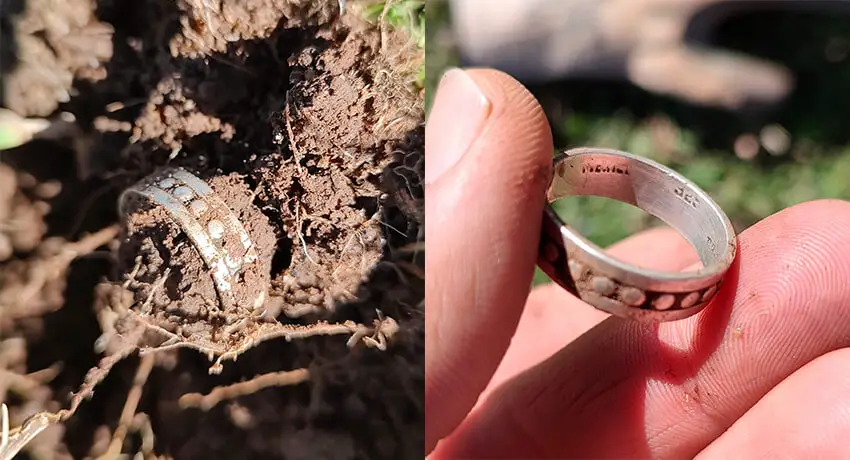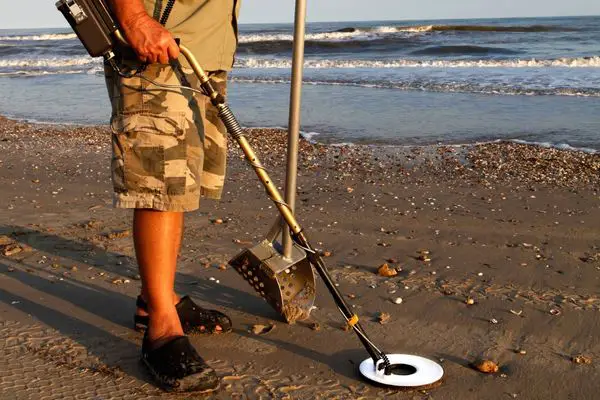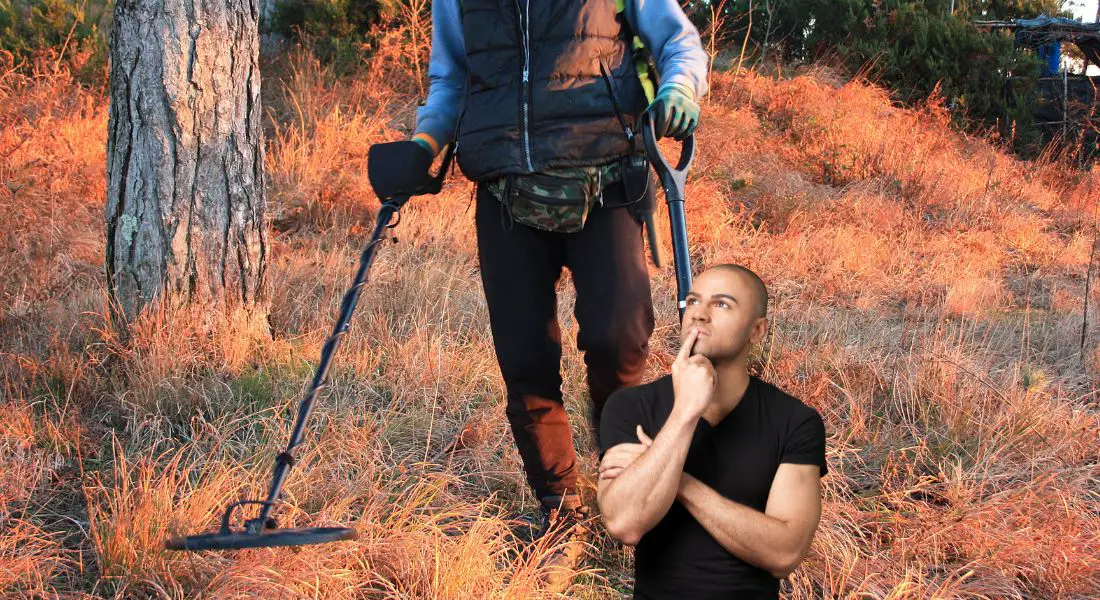Metal detecting UK law
Metal detecting is legal in the UK as long as you ensure you have permission from the landowner on the land you wish to search on and you adhere to the statute law called The Treasure Act.
Care must also be taken not to detect on any scheduled land without strict permission.
Okay, so you’re looking for a new hobby and you think that metal detecting could be the hobby for you. That’s great news!
You will now be looking for information and about to purchase or have purchased a detector and some equipment. Before you head off, I’m really glad that you’re here and reading this article.
This article could save you a lot of grief and it’s not meant to put a downer on things. It’s meant to encourage you to get out, find some great things, contribute to recording history but ensure that you do it responsibly and within the law.
To some, they might think….”what on earth do I need to know about any laws?”. Well, there are laws in place in the UK and they are there for a reason. They are to protect our history, heritage and also to protect people who own land.
Let’s look into these now and keep you within the law in the UK at least! Before getting into the laws relating to metal detecting, you can read my article about if metal detecting is worth it here.
You can also read my article on how to choose the best metal detector for beginners UK here.

Unbeatable Multi Frequency!
You can now get the ultimate power of multi frequency technology over single frequency detectors with the Minelab Vanquish range of detectors.
The entry level Vanquish 340 now gives you ultimate depth, stability and sensitivity on all target types in every soil, including wet beach sand.
Metal detecting laws UK
Within the UK, there are a number of bodies and terms that you will need to become familiar with.
These typically will be the Portable Antiquities Scheme (PAS), The Treasure Act 1996, Ancient Monument and Archaeological Areas Act 1979, DEFRA (Department of the Environment, Food & Rural Affairs), Finds Liaison Officer (FLO), The Countryside Code, English Heritage, Cadw Wales, The Federation of Independent Detectorists (FID) and the National Council for Metal Detecting (NCMD).
There are also terms like SSSI (Site of Special Scientific Importance), SM (Scheduled Monument). Metal detecting on these will typically get you into a lot of trouble!

So, what are the basics?…..well, if you keep in mind that in the UK, all land belongs to someone so wherever you go, you’ll need permission, that is paramount!
Regardless if you are metal detecting or maybe even walking across private land without permission, you are technically trespassing.
Many new detectorists have a local piece of “common” land nearby but even this belongs to the local authority and subsequently the Crown.
You still really need permission even though it’s tempting to detect on it. You can still get into trouble. Once you have spoken with the landowner and have been given permission, you’re in business!
You only then need to familiarise yourself with the land and adhere to the laws on historical finds. By familiarising yourself with the land, you can establish if there are sensitive or scheduled areas that you mustn’t detect on.
Detecting on scheduled land can land you in some very hot water! A good place to start is English Heritage or Cadw Wales.
The links to these you’ve just seen above. Permission to detect on these areas would only come from a Government official via an archaeological dig.
If you’re confident that you know this, you’re good to go. A great resource is the MAGIC website from DEFRA. At this stage, it is a very good idea to take out insurance….yes, you can get insurance for metal detecting!
This will cover you for potential injury and also cover the land owner for damage to their land or livestock. Cover can be found either with FID or the NCMD. The links to these are above.
The next steps are to keep in mind The Countryside Code which will guide you on how to not to spoil or have a detrimental effect on the countryside.
This can be simple things like ensuring you fully close field gates so expensive livestock do not escape and not leaving litter amongst many for example.
Finally, you need to clue yourself up about the Treasure Act 1996 in case you find something of significant importance or value. To many, it can be tempting just to unearth a treasure and keep it or sell it.
A buyer of any integrity however will always ask for its provenance and assurance of where an item came from.

This is why it is vital that an item or items get recorded.
In this eventuality, an initial meeting with your local FLO (Finds Liaison Officer) who will be linked to your local museum will help you through this process.
In a nutshell, any object other than a coin (a ring or brooch for example) that looks like it contains at least 10% of precious metal like silver or gold and is at least 300 years old, qualifies for declaration under the Treasure Act 1996.
Other scenarios that would qualify for declaration are finding two or more metallic objects of prehistoric date in the same hole. I have a more in depth article on the process and treasure definition here.

Unbeatable Multi Frequency!
You can now get the ultimate power of multi frequency technology over single frequency detectors with the Minelab Vanquish range of detectors.
The entry level Vanquish 340 now gives you ultimate depth, stability and sensitivity on all target types in every soil, including wet beach sand.
This is still regarded as treasure, irrespective of their metal content. If two or more gold coins are found in the same hole, this also would need declaration.
One thing to remember here is that “technically”, all treasure belongs to the Crown until it goes through due process.
Sometimes detectorists get a bad name, especially from archaeologists but responsible detectorists have contributed massively to recorded history by declaring and logging finds.
I’ve written an interesting article that discusses the delicate relationship between detectorists and archeologists which you can read here called “Unearthing the debate”.
For interesting finds that don’t need declaring under The Treasure Act, detectorists can record their finds on the PAS website (Portable Antiquities Scheme).
This is also a really valuable resource to the new detectorist because it will help to identify a find if you’re not sure what it is you’ve exactly found.
In the majority of cases, finds will return to you. It’s incredibly important to record finds as it logs and records the find’s “context” in relation to what it is and where it has been found.
Do you need a licence for metal detecting?
No, currently you do not need a license to metal detect. As discussed previously, you do however need permission from the land owner and be aware of where you cannot dig.
The government did previously require you to apply for a permit to detect on beaches around the UK. We know these as Crown Foreshore estates.
These are now not required. I think the logistics of processing these permits were too much for local authorities as they didn’t have the resources.
You must still adhere to a code of practice however which typically includes not having a detrimental effect on other users enjoyment of the beach and the removal of any dug rubbish that may cause injury.
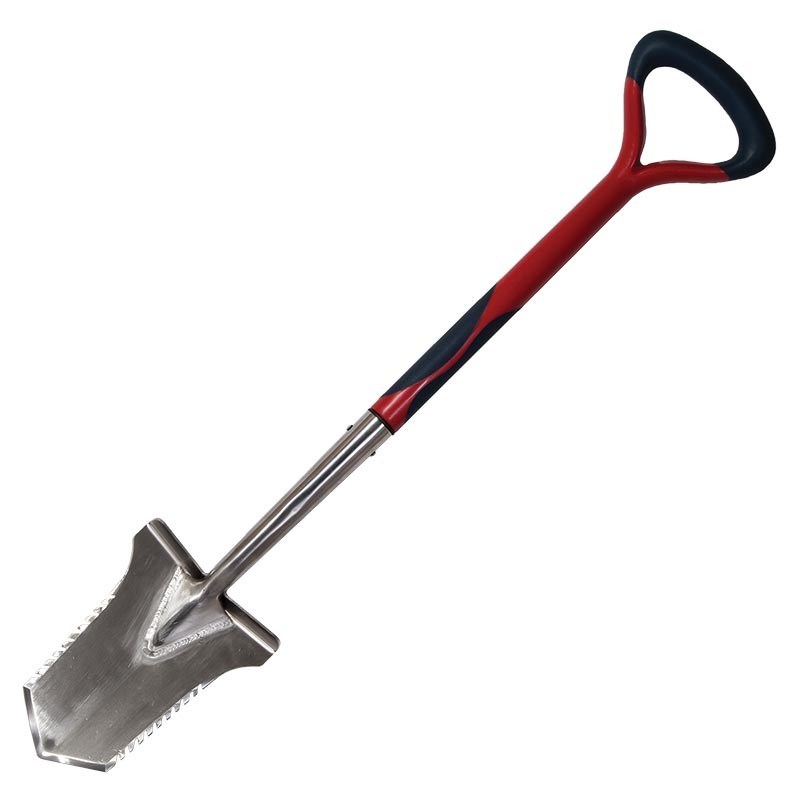
The Evolution Pro Cut
The ultimate accessary for the serious metal detectorist. Super strong, stainless steel specially designed spade.
Metal detecting on the beach laws

As previously discussed, a permit system used to be in place in which you had to apply for if you wanted to metal detect on a beach.
This was in place for what we term as the Crown Foreshores which ultimately belong to the Queen, (or King).
The only exception to this is if a particular beach is privately owned.
In these cases, permission would need to be sought from the owner of the beach. Sometimes these are holiday camps.
The permit system for Crown foreshores has now been discontinued. Some metal detecting blogs that have not been updated will tell you that it’s still in place when it isn’t.
As touched on previously, the local authorities just didn’t have the resources to process and monitor these permits. Just remember that there can also be scheduled areas on beaches as well as inland.
A good place to start is the “Magic” website linked to DEFRA and the Historic England website.
Metal detecting without permission
Metal detecting without permission from the land owner is called trespassing which is a civil offence. It is a common myth that you can be prosecuted for trespassing.
In fact, you will very often see signs that read “Trespassers will be prosecuted!” when the only legal remedy is to take out an injunction to prevent you from doing it.
If you carry on, it’s the injunction you are breaking which is more serious. There can also be an offence of theft by removing objects from land that you have no permission to be on.
Metal detecting permit UK
Currently, there are no requirements to obtain a “permit” to dig anywhere in the UK. Permits for beach detecting have now been revoked. Permission still needs to be in place on any private land or from a local authority for common land.
A little tip for common land is to try and find your local authority by-laws and check to see if they have a ban on detecting. In many cases they won’t have.
All that will be in place is a by-law that states that whatever you are doing must not adversely effect the enjoyment of others. This typically would be like digging a hole and then not reinstating it.
Where can I metal detect without permission UK?
Technically, the only place that you can metal detect without any permission is a beach that is not owned privately and on land that you personally own, like your back garden for instance.
Final thoughts
Metal detecting is great hobby but as with many hobbies and pastimes, it must be done responsibly. There are a minority of people that will spoil it for the many and be responsible for only getting themselves into the news for detecting illegally.
This really does make responsible detectorists angry and can paint us all in a bad light.
The only thing we can do is to carry on promoting good practice and reporting any significant finds through the correct channels.
Always seek permission from the land owner and always be honest with them on the finds that you’ve discovered on their land. Without them, we’d have nowhere to go.
Always check beforehand if there are any scheduled areas that you mustn’t go near and always treat the land and countryside with the utmost respect.

Ultimate Tactical Packs!
Carry everything you’ll need for a detecting day like a First Aid kit, detector spares, finds boxes, batteries, snacks and drinks to rehydrate.
Never forget anything again with a belt pack!
